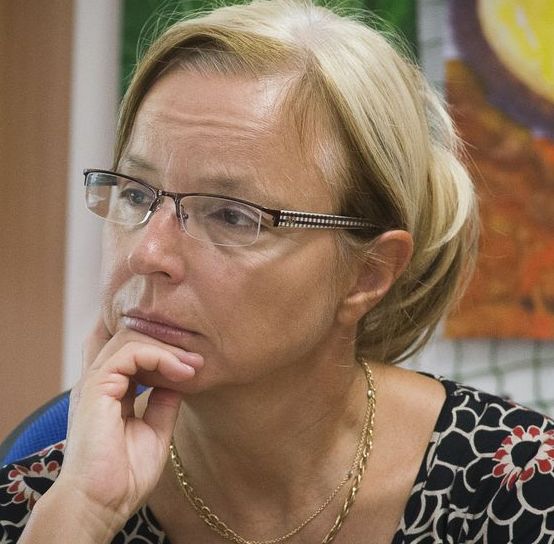"The right to health implies equity in access to health care services for equal health needs"

An interview with Dagmar Dzúrová, Faculty of Science at the Charles University in Prague (CUNI).
Dagmar Dzúrová is Senior Lecturer in Demography and Head of the Department of Social Geography and Regional Development at the Faculty of Science at the Charles University in Prague (CUNI). She is involved in SOPHIE as senior researcher leading the CUNI staff who participates in Built environment and Migration, as members of the multidisciplinary teams GeoQol and Geomigrace, respectively, which provide data and experiences from Eastern Europe.
Regarding your own experience, what are the most challenging aspects of being involved in a European research project?
For our team, the most challenging aspect of the international project SOPHIE is evaluating the impact of structural policies on health inequalities in the Czech case. In our country these policies are almost non-existent, we must develop new indirect methods of assessment. No doubt, this is an important task, an important part of the current research in the field of health inequalities.
In SOPHIE, you are involved in studies focussing on health risk behaviours among Czech teenagers. How important is the influence of the neighbourhood on risk behaviours?
After the democratization process in 1989, Czech liberal society is rather indifferent to excessive consumption of alcohol and smoking, and consumption of illicit drugs as well. Our research posed the question about what are the relationships between the different types of health risk behaviours of youth and the social environment in which they live. Our studies confirm that the risk behaviour of adolescents is strongly influenced by their social environment. Among other important correlations, we found the structure of the family and the quality of relationships with parents, the type of school they attend, as well as the wider socio-spatial characteristics of settlements in which they live and study.
What are the challenges of engaging teenagers in your research and how you are dealing with them?
Involvement of youth in health risk research and mainly in prevention seems to be very important. As an example of one preventive activity, we can mention a recent event that took place at our Faculty of Science, at the Charles University in Prague. Faculty students, under our supervision, organized a "Health Day" for faculties and students from elementary and secondary schools. The goal of our "Health Day" was to promote a healthy lifestyle, increase health literacy and inform the participants about how to properly care for your their health and prevent health problems. Each participant received a medical certificate with values measured, tables of risks and recommendations.
You are also studying the immigrants' access to health insurance and healthcare access inequalities. What are the most relevant findings of your research on these issues?
Health matters associated with international migration in general, and the health of migrants in particular, are crucial public health challenges faced by governments and societies. The Czech government has identified commercial health insurance as one of the major problems for migrants' access to health care. The right to health implies equity in access to health care services for equal health needs. In Czechia immigrants without permanent residence are excluded from the public health insurance and expected to purchase a commercial one. And so our main research in the field of migration-related health inequalities examined migrants' access to the public health insurance system and analyse the inequalities relationship between perceived health and working discrimination in Czechia.
How are you involving policymakers and other stakeholders to transfer acquired knowledge into practice?
Our research team have organized several "Round Table Expert Meetings" with various representatives of communities, stakeholders and responsible policymakers. Their main goal is to disseminate our research findings and recommendations and to find optimal ways of transferring scientifically acquired knowledge into practice. Participants include representatives e.g. from the Ministry of Health of the Czech Republic, the Hygienic Station, the National Institute of Public Health, Members of the Parliament, The Czech National Monitoring Centre for Drugs and Drug Addiction, and the Division of Adolescent Medicine at the Department of Paediatrics. Moreover, activities of our research team have received unusually high media attention. First results from our research have been published in a widely read and acknowledged Czech newspaper MF Dnes, where they have published a whole page about SOPHIE/IGA funded research project results showing risk behaviour in elementary school children. Among many other media it was also the Czech national TV (ČT1), that has broadcasted a report about our SOPHIE project contribution.
